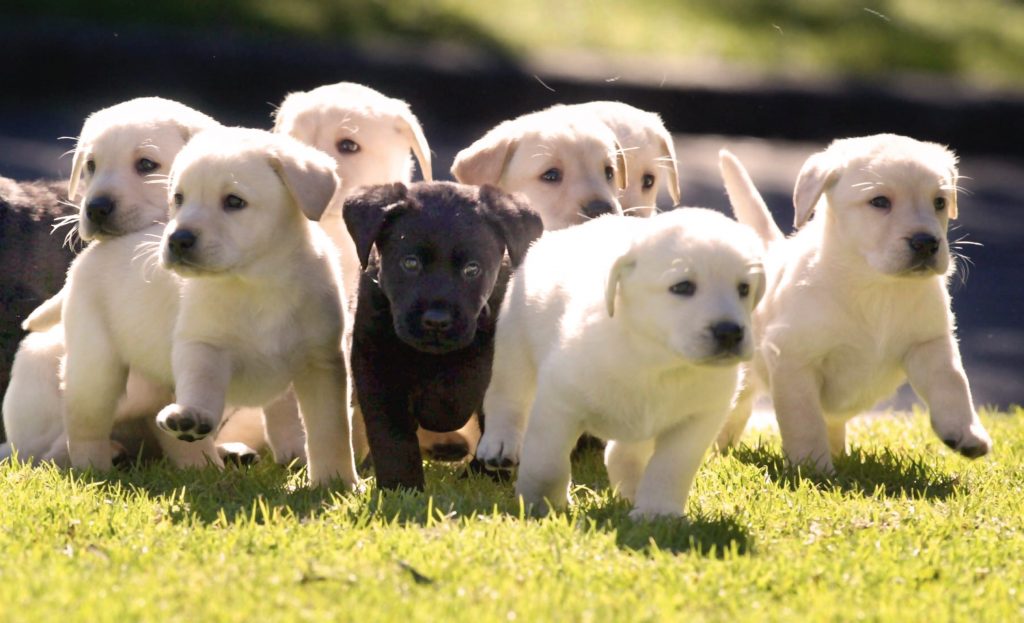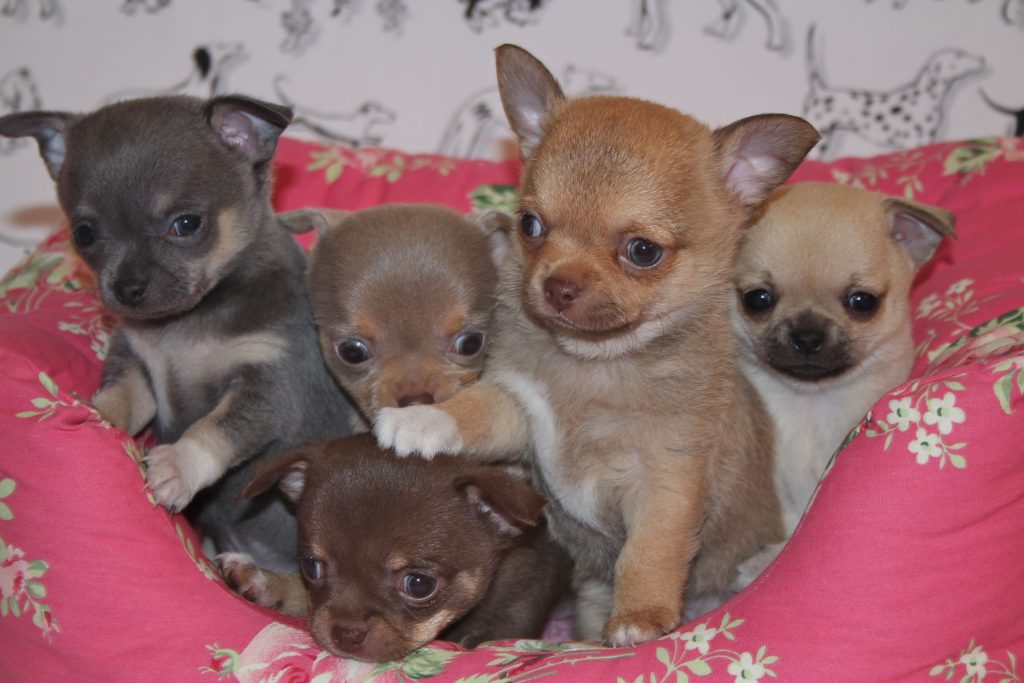 Before we get into the nitty gritty of dog breeding I’d like to give you a very short introduction about myself. Prior to arriving in Australia and joining the McDowall Vets team, I used to work in a busy small animal practice in sunny South Africa that specialized in canine reproduction. Although not a specialist myself, I gained a world of experience over the last 16 years and developed a special interest in the subject under the guidance of internationally recognised reproductive specialist Dr Kurt De Cramer, my mentor and friend.
Before we get into the nitty gritty of dog breeding I’d like to give you a very short introduction about myself. Prior to arriving in Australia and joining the McDowall Vets team, I used to work in a busy small animal practice in sunny South Africa that specialized in canine reproduction. Although not a specialist myself, I gained a world of experience over the last 16 years and developed a special interest in the subject under the guidance of internationally recognised reproductive specialist Dr Kurt De Cramer, my mentor and friend.
 Dog breeding is usually a straight forward process with dogs just doing what nature intended. However, this can be a bit more challenging in our brachycephalic (flat nosed breeds) such as French bull dogs, English bull dogs, Pugs, Bullmastiffs, Pekingese and even the little Chihuahua. These difficulties can be largely attributed to some conformational traits that have been selected for over the years and have now been largely accepted as breed standards. We can all agree though, that there is not much cuter than a little puppy and we love welcoming them into the world! Having said this, Dog breeding is not for the fainthearted as it can be costly and sometimes frustrating to get puppies to the point of finding a good home and requires considerable commitment from those undertaking it.
Dog breeding is usually a straight forward process with dogs just doing what nature intended. However, this can be a bit more challenging in our brachycephalic (flat nosed breeds) such as French bull dogs, English bull dogs, Pugs, Bullmastiffs, Pekingese and even the little Chihuahua. These difficulties can be largely attributed to some conformational traits that have been selected for over the years and have now been largely accepted as breed standards. We can all agree though, that there is not much cuter than a little puppy and we love welcoming them into the world! Having said this, Dog breeding is not for the fainthearted as it can be costly and sometimes frustrating to get puppies to the point of finding a good home and requires considerable commitment from those undertaking it.
These days with our fast paced lives, it can be useful to be able to plan ahead for a successful mating and an accurately predicted whelping date. This is where the management of the bitch during the oestrus (heat) cycle is so critically important.
 At McDowall Vets, we will now be offering a new service to assist clients wishing to successfully breed their dogs by using evidence based medicine.
At McDowall Vets, we will now be offering a new service to assist clients wishing to successfully breed their dogs by using evidence based medicine.
To achieve this, the bitch will need to be examined at a few critical times during her oestrus cycle.
Monitoring would generally entail:
- Vaginoscopy (examining the vagina and cervix) to monitor the progression of the cycle.
- Vaginal cytology, which is most useful towards the end of the cycle to determine when the bitch is on heat. This day, known as Day Zero, is the most critical date in a dog’s cycle as this will also be used to very accurately predict a whelping date.
- Progesterone monitoring is used in selected cases to improve the accuracy of the process and is of utmost importance in cases where there are restrictions on mating’s or when chilled or frozen semen is being used for inseminations.
By managing the process from the point of determining Day Zero, through to whelping, we are able to predict whelping times to within a window of 12 hours and hence start to perform elective caesareans. As with humans, the ability to perform elective caesareans has numerous advantages in a number of different scenarios and results in much better outcomes for bitches and their litters.
 Whelping dates are not only critical for our brachycephalic breeds as they do have a much higher risk of dystocia (difficulties during birth) but also for dogs that have a singleton pregnancy (one very large foetus), dogs that have previously had a caesarean section and very valuable litters. Dogs that have had a previous caesarean will have a higher than fifty percent chance of having another one in the future. This means that if surgical intervention is required it can be planned timeously and an emergency situation (usually late at night!) can be avoided.
Whelping dates are not only critical for our brachycephalic breeds as they do have a much higher risk of dystocia (difficulties during birth) but also for dogs that have a singleton pregnancy (one very large foetus), dogs that have previously had a caesarean section and very valuable litters. Dogs that have had a previous caesarean will have a higher than fifty percent chance of having another one in the future. This means that if surgical intervention is required it can be planned timeously and an emergency situation (usually late at night!) can be avoided.
Until recently elective caesareans were not thought to be possible in dogs, but with the latest techniques and protocols developed by Dr DeKramer and his team, this is now possible and will transform canine breeding into the future. I am now excited to be able to offer this service at McDowall Vets.
This is an area of Veterinary Science that I love and it is wonderful to be able to help our client’s welcome beautiful new litters of puppies into the world. I have the best job ever!
If you are thinking of breeding from your pet and would like some help with the process, please do not hesitate to come into the surgery and have a chat with me.
Dr Garreth.

